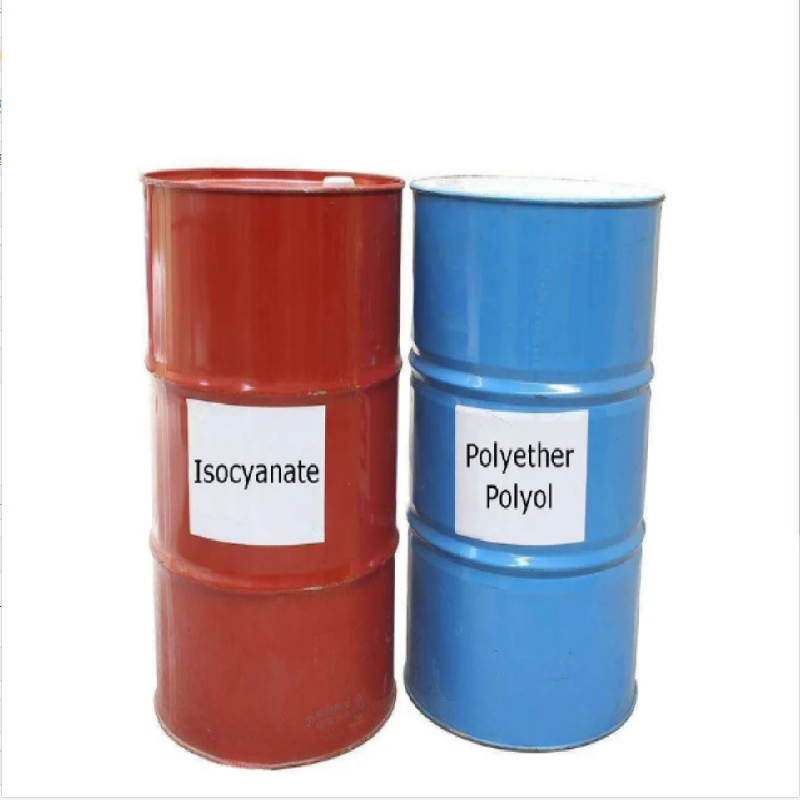-
Categories
-
Pharmaceutical Intermediates
-
Active Pharmaceutical Ingredients
-
Food Additives
- Industrial Coatings
- Agrochemicals
- Dyes and Pigments
- Surfactant
- Flavors and Fragrances
- Chemical Reagents
- Catalyst and Auxiliary
- Natural Products
- Inorganic Chemistry
-
Organic Chemistry
-
Biochemical Engineering
- Analytical Chemistry
-
Cosmetic Ingredient
- Water Treatment Chemical
-
Pharmaceutical Intermediates
Promotion
ECHEMI Mall
Wholesale
Weekly Price
Exhibition
News
-
Trade Service
, Cosco announced that its partnership with Silicon Valley high-tech company Carbon to develop and produce 3D printing materials has been a phased success.
that Carbon has successfully developed a digital photosynthetic technology called DLS that can increase production speeds up to 100 times. Carbon has also developed new polyurethane liquid resins for production and manufacturing
. As an important partner, Cosco has invested significant resources to support the commercialization of Carbon's 3D materials. Based on the cooperation between the two sides, the 3D printing process and the mass production of the corresponding materials have been verified.
3D printing technology, the all-in-one molding of three-dimensional and complex-shaped components has become a reality, according to CoscoTron. Although 3D printing is widely used in small batch prototype and sample manufacturing, many industries have shown strong interest in this technology for industrial mass production. Patrick Rosso, Global Head of Ingredient Manufacturing at Cosco Ventures, explains: "The biggest challenge on the road to industrialization of addition manufacturing is to find a supply of materials that meet both product quality requirements and energy production. By working with companies like Carbon, Cosco continues to push the limits of mass production and enable digital mass production at all stages of the value chain. The
DLS technology developed by Carbon is currently being used in mass production. Compared to SLA technology, the DLS can print up to 100 times faster, another prerequisite for industrial mass production. In this context, new technology processes can produce products with both high-tech and mechanical properties through a combination of software, hardware and materials.






